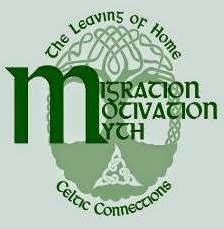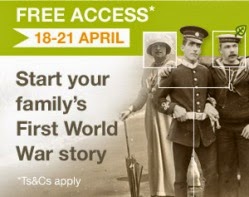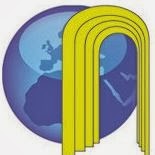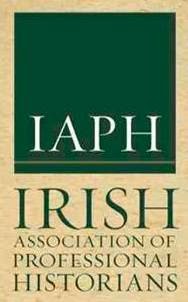 |
| Available in hard copy and now in pdf |
Called For the Record, The Archives of Galway's Rural District Councils, it's a high-quality A4 publication, very well laid-out and produced in hard copy, and it's now been made available in pdf format, too.
The guide includes an introductory essay which examines the achievements and attitudes of Galway’s Councils as a whole. It includes detailed descriptive lists, or finding aids, for the Ballinasloe No. 1 and No. 2 Councils (the latter was under the jurisdiction of Roscommon County Council), Clifden, Galway, Gort, Loughrea, Mountbellew, Portumna and Tuam.
These collections date from 1899 to 1925 and detail the functions and achievements of our predecessors in early local government, dealing with, among other things, the provision of labourers’ cottages, water pumps and burial grounds, and also the maintenance of local roads.
Mainly made up of minutes, the records chart the development of political thought in the first quarter of the 20th century, from the support for Home Rule in the early 1900s to the demand for Independence by 1920 and recognition of the underground Dáil Éireann.
By their nature, minutes don't often record names or other genealogical details (although the occasional name of locals does crop up from time to time, especially when they were receiving payment as contractors or suppliers). However, if you have ancestors from these areas, you can discover a lot about the way they lived and the issues affecting their lives from these records. Here are some random examples:
Report from Dr O'Kelly, Medical Officer of Health, stating that he finds 'the people of Mount Bellew the slowest in cleaning their houses etc, and some of them are loudest in talking and laying down the law. I recommend that prompt measures (be taken) to make the people observe even common decency. There are very few privies, and the demesne around Mount Bellew is a network of human excrement'.
'It was ordered that Pat Killilea of Bohill, who was wounded by gun-fire, be removed to a Dublin Hospital, as recommended by Dr Callaghan.' (14 Dec 1920)
Letter from Dr Loftus, Medical Health Officer of Spiddal Dispensary District, calling attention to the appearance of 35 cases of influenza, with chest infections, in his District within a few days. 'Probable source of infection, introduction of the disease by some Teachers who had been visiting in Tuam...'
'Submitted final notice of application by Michael Corless, Kinvara, for £80 compensation for the malicious burning of three stacks of oats at Kinvara on 29 January 1911.'
Copies of the book are available in local libraries or by contacting archivist@galwaycoco.ie. You can download the pdf version (4.8Mb) from the Council's Publications' page.
UPDATE, Thursday 1 May: Cllr. Liam Carroll, Mayor of Galway County, is to launch For the Record, The Archives of Galway’s Rural District Councils, a Guide to the Collections tonight at 5.30 pm. Dr Mary Clancy, historian and author attached to NUI Galway, will also give a talk on the role, functions and attitudes of the Rural District Councils.
All are welcome to this event.
























